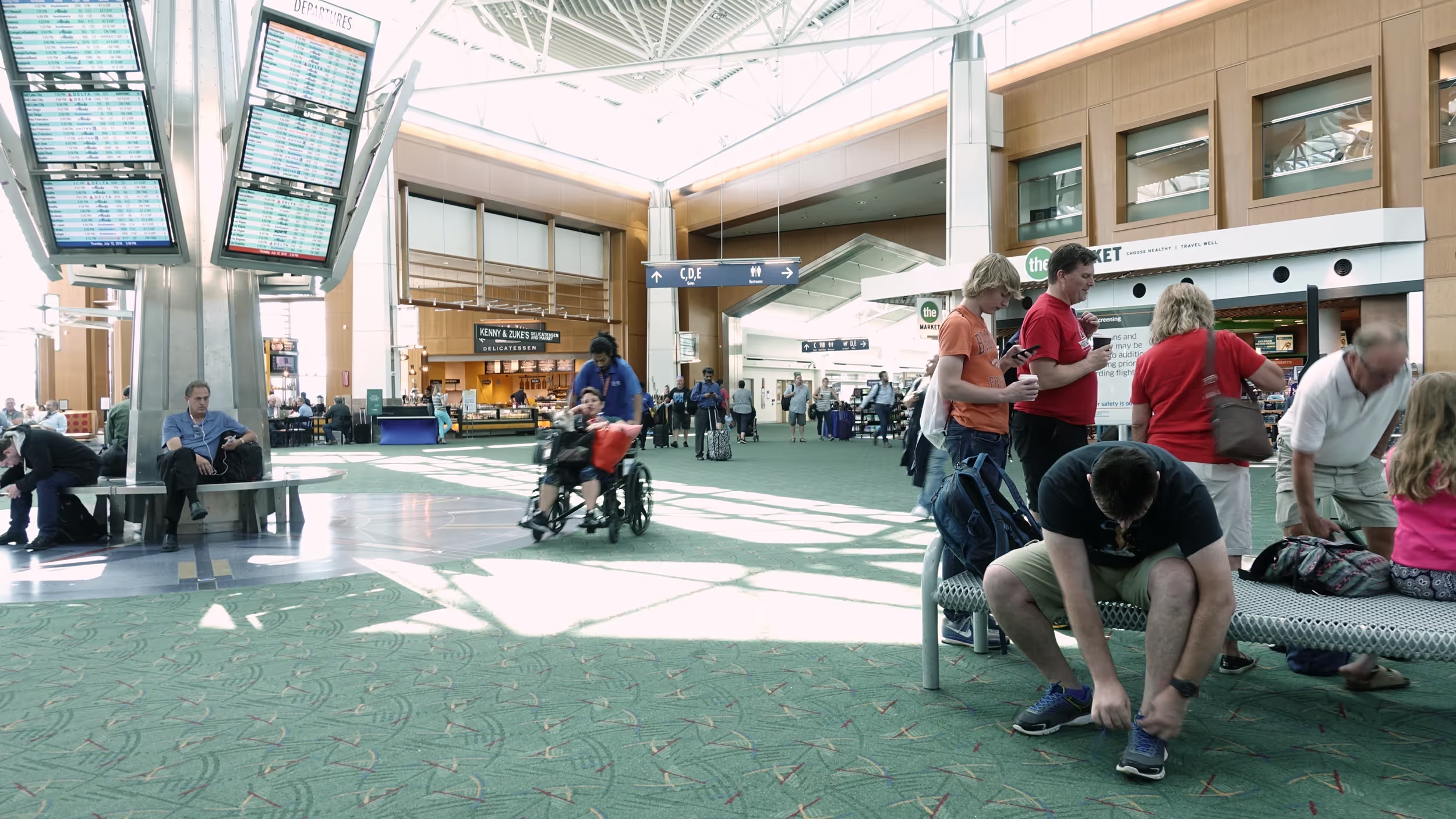5 Simple Cost-Saving Tips for Travel Managers and Travel Coordinators

As a travel manager or travel coordinator, you bear a huge responsibility. You’re required to select travel vendors and coordinate flights, hotels, transportation, and sometimes dining and other activities for business travelers (who all have quirks…I mean, preferences). And you’re under constant pressure to do it as cost-effectively as possible.
A Carlson Wagonlit Travel survey published earlier this year found that the top priority of travel managers is “finding innovative ways to generate savings.” And you probably have a host of tricks to save money, but it’s never bad to learn more.
Here are five simple cost-saving tips you can use to get even better deals on hotels, flights, and more.
1. Select travel partners, not just travel vendors
Whatever your role in the travel management process, finding the right vendors is a top priority. Travel managers, it is your responsibility to select preferred suppliers for your company; travel coordinators, these are the vendors you will deal with on a regular basis.
The right vendors will not be just companies you purchase services from, but rather valuable partners for your travel program. Having these partnerships will translate into better prices and better services both in the short-term and down the road.
How do you identify partners as opposed to simply vendors?
Look beyond price to learn more about the company and the services it provides. For example, do they make it easy for you to book and manage your reservations? Do they offer 24/7 support? Do they charge extra fees if you need to change or cancel a reservation?
2. Standardize your hotel booking process and save more with a company like Engine for Business
Engine for Business is a new hotel booking platform where individuals and firms with registered business accounts can save up to 60% compared with prices found on traditional booking sites.
That kind of savings alone can have a significant positive impact on your travel budget, but for travel managers and travel coordinators, the benefits don’t stop there. Engine for Business is more than a place to book hotel rooms at deeply discounted rates: it is a hotel reservation management platform.
Using this platform, you can track your company’s hotel spend by job code, reduce accounting workload by centralizing the billing process, share travel itineraries, and more.
With Engine for Business, you will save money on hotels and eliminate wasted time tracking hotel spend. It’s a good deal.
3. Take advantage of the sharing economy, particularly for car transportation
Up until a few months ago, the sharing economy and corporate travel seemed at opposite ends of the ideological spectrum. But this is no longer true. A recent AirPlus survey of corporate travel buyers found that 9% of respondents were already using share economy vendors, and an additional 15% were considering using them in the future. These percentages aren’t huge, but they are growing.
Thanks to the popularity of ride-sharing services like Uber and Lyft, one area where many business travelers are already comfortable with the idea of sharing is car transportation. In addition to Uber and Lyft, here are a few car-sharing services to consider:
- FlightCar. This service lets people park at the airport and then rent their car out while they are gone. Business travelers can rent their own cars out at home and then rent someone else’s car at their destination airport. Low rental rates and free airport parking make FlightCar a great alternative to traditional car rentals.
- Car2Go. For travel in a city where minimal driving is necessary, try Car2Go, which rents two-seater smart cars. The rentals are usually by the minute, but you can get hourly and daily rates as well. Car2Go is currently available in several U.S. cities, including Seattle and San Diego.
- Zipcar. Zipcar is another car-on-demand service. They offer a business membership, with low rates on weekdays, with all expenses (gas, insurance, and mileage) included.
4. Search for lower rates a couple of days before the trip
Airfares, hotel rates, car rental rates—these prices change, and the changes aren’t always predictable. There are many theories as to how to time your booking to get the best prices, but the only foolproof method is to search again.
Especially when trips have been booked weeks or months in advance, travel managers and coordinators can save their companies money simply by rechecking prices a few days before the trip. Many vendors have a “Best Price Guarantee,” so if you find a better price; it’s usually easy to get a discount.
5. Remember that improved traveler experience is a type of savings
Sometimes, there may not be much you can do to save money—especially during busy travel times and for last-minute bookings. In these situations, explore how you can enhance your traveler’s experience instead. An upgraded seat, a room on the club floor, bar or restaurant credit—these things provide extra value business travelers appreciate and remember.



































![What is an OBT? [+ Why They Matter]](https://cdn.prod.website-files.com/66a41388b1be9ba182f1e80c/66f97c4190ac5e26bea90c05_66a41388b1be9ba182f1efc0_online-booking-tool.avif)


